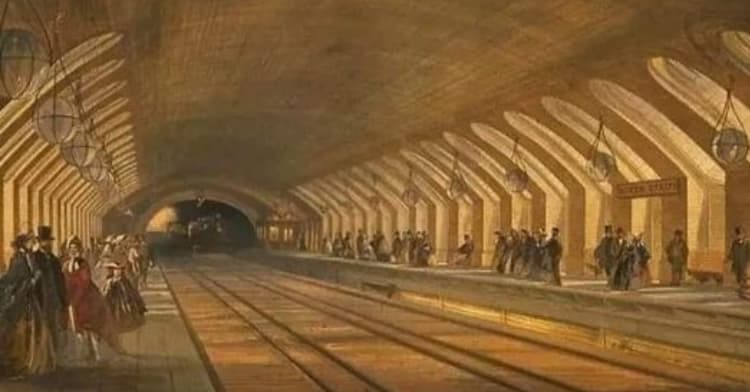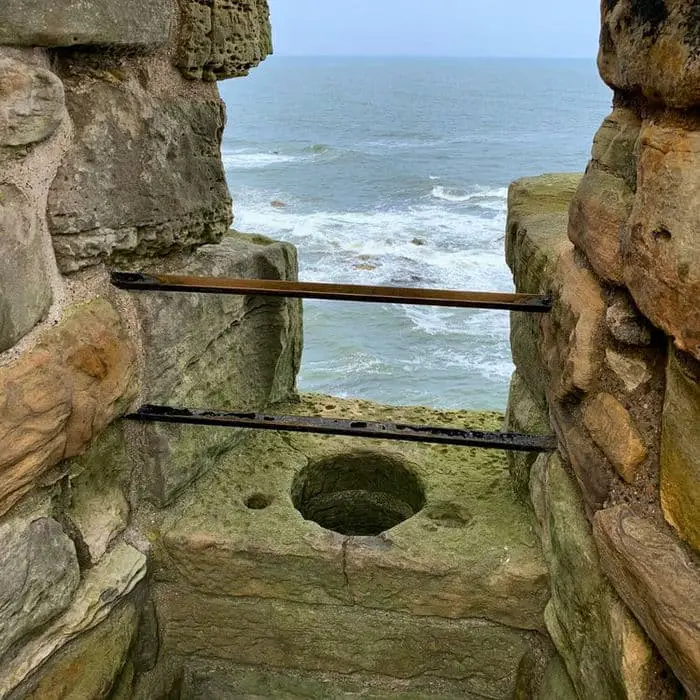
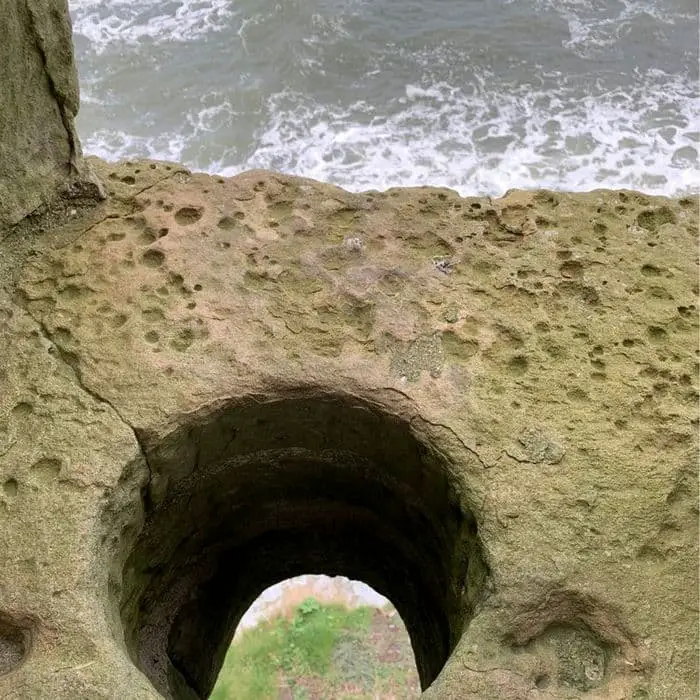
St. Andrews Castle, nestled on the Scottish coast, boasts a unique historical feature: a 13th-century toilet that emptied directly into the sea. Known as a “garderobe,” this medieval facility served the castle’s inhabitants, offering a practical solution for waste disposal.


Garderobes were essential rooms within medieval castles, often tucked within thick stone walls. Featuring a simple stone or wooden bench with a strategically placed hole, these spaces lacked the privacy and comfort of modern bathrooms. Waste descended through a vertical chute, ideally reaching a designated area such as a river or sea.
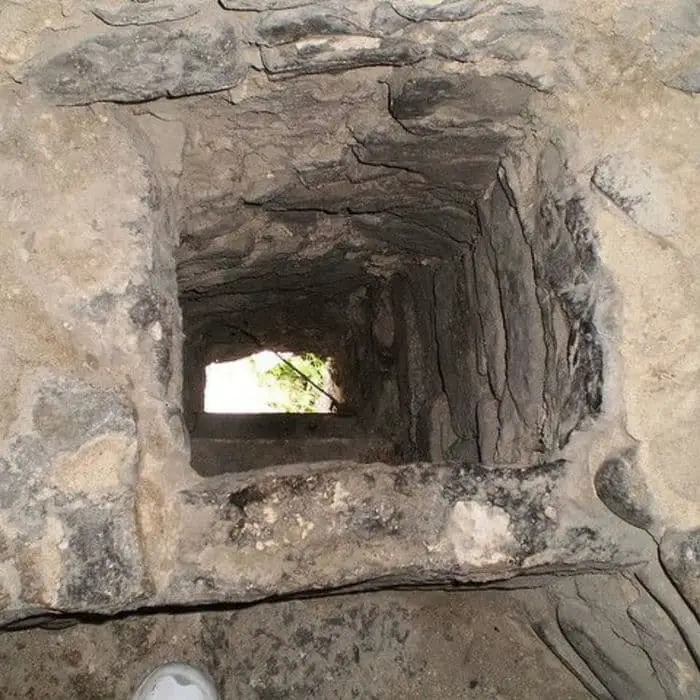
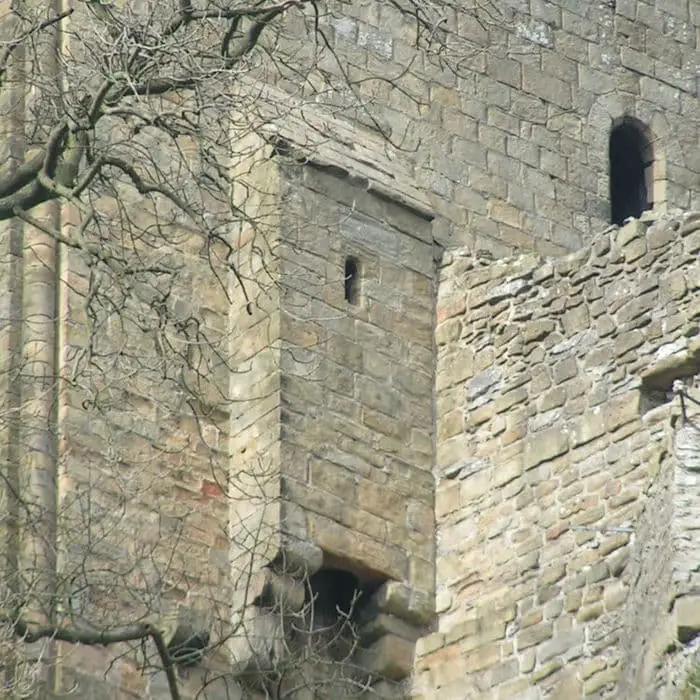

Maintaining personal hygiene in medieval times was challenging, with no access to running water or toilet paper. Castle dwellers used whatever materials were available, such as rags or moss, for cleaning. To clean the toilets, water was often thrown down the shaft or diverted from kitchen sinks or rain gutters.

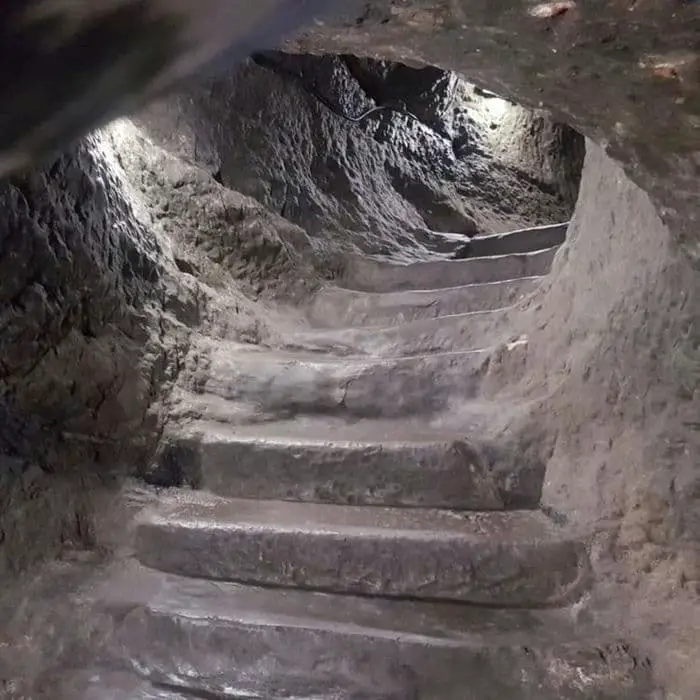
Despite the practicality of garderobes, they emitted unpleasant odors, and clothing was sometimes hung nearby to benefit from the ammonia fumes. King Henry III of England once ordered renovations at the Tower of London due to such odors, highlighting the challenges of medieval sanitation.

St. Andrews Castle, initially constructed for the Bishops and Archbishops of St. Andrews in the 13th century, has witnessed significant historical events, including the Protestant Reformation. Despite damage from sieges and storms, the castle remains a captivating attraction for visitors.

Exploring the castle’s ruins, visitors can experience its rich history and unique features, including the underground mines used during sieges. The castle offers audio guides for an immersive tour, providing insights into its fascinating past.

Reviews on TripAdvisor praise St. Andrews Castle for its historical significance and engaging visitor experience. Visitors appreciate the castle’s unique features, such as the underground tunnels and educational demonstrations.
For those interested in exploring Scotland’s heritage, St. Andrews Castle offers a captivating journey through time and architecture. Tickets can be purchased in advance, and visitors can enjoy audio-guided tours of this remarkable historical site.

